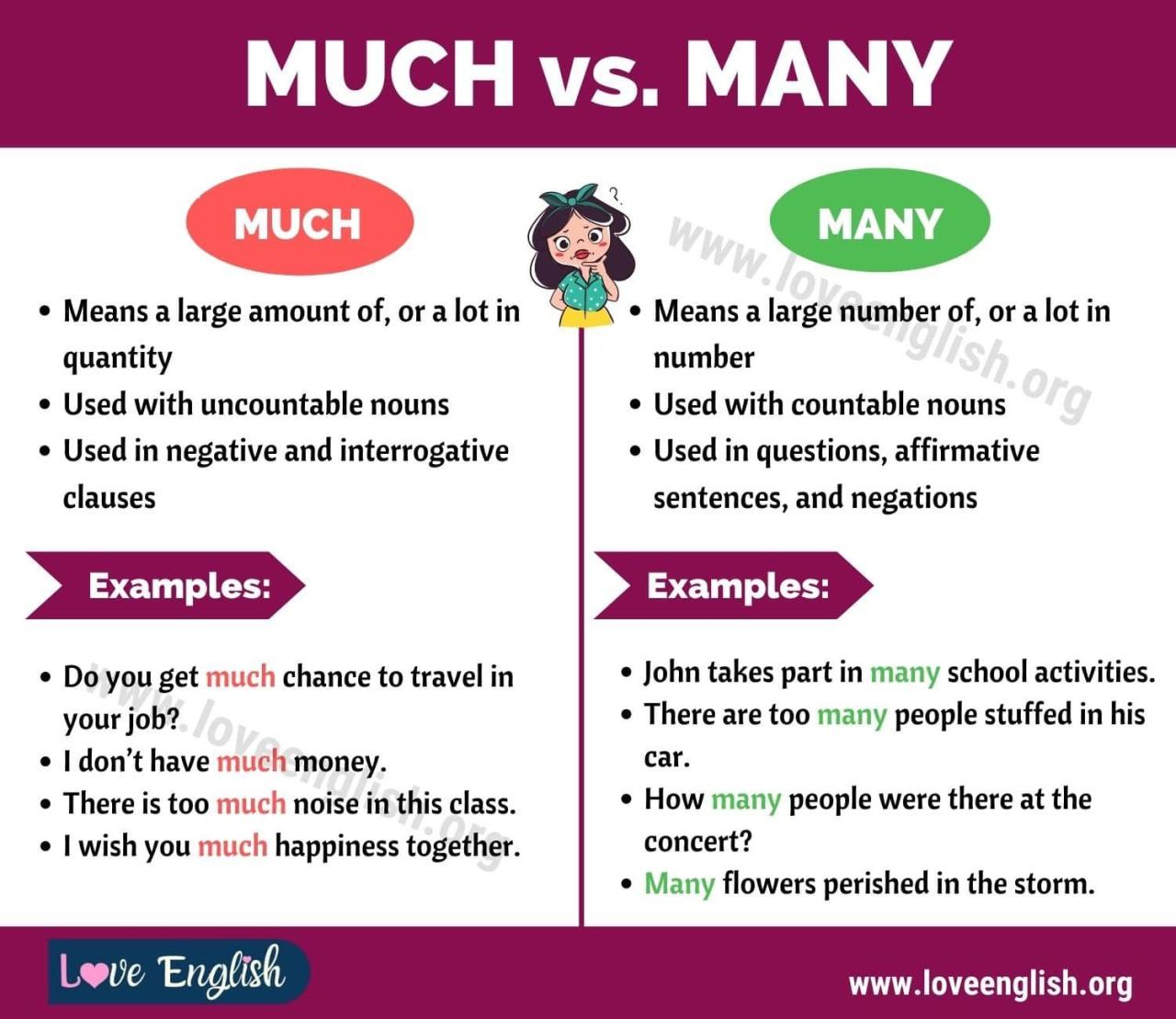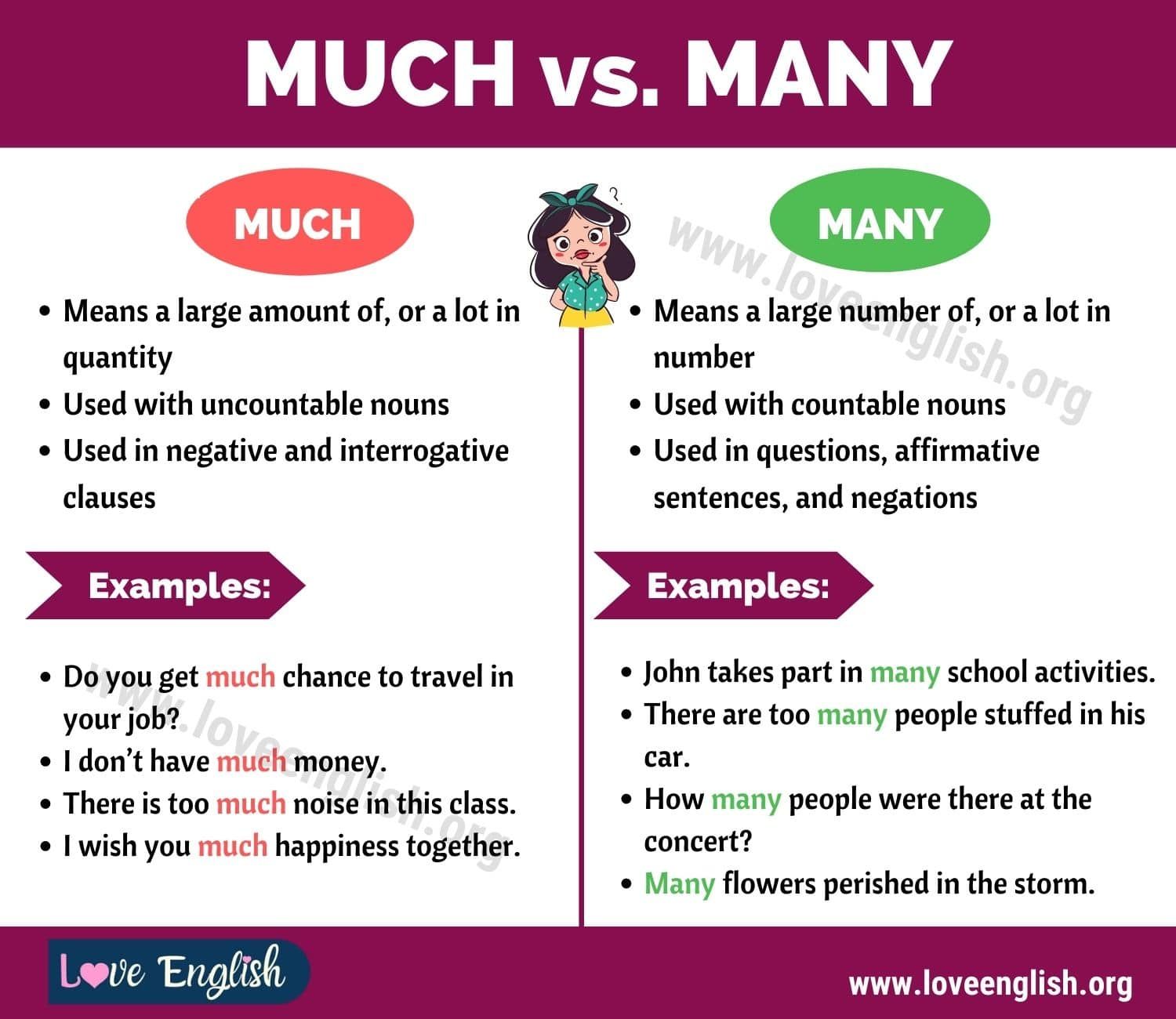Cleopatra VII Philopator, the last active pharaoh of ancient Egypt, remains one of history’s most enigmatic and captivating figures. Her story is interwoven with power, passion, and political intrigue, often overshadowed by her legendary beauty and relationships with Julius Caesar and Mark Antony. Yet, beneath the glamour and the drama, lay a formidable intellect and a strategic mind, exemplified not least by her extraordinary linguistic abilities. While we cannot pinpoint an exact number with absolute certainty, historical accounts strongly suggest that Cleopatra was a polyglot of rare distinction, speaking a multitude of languages that were not merely academic curiosities but potent tools in her quest to preserve the Ptolemaic dynasty and secure Egypt’s place on the world stage.
The primary ancient source for Cleopatra’s linguistic prowess comes from Plutarch, the Greek biographer and historian, writing in his "Parallel Lives" (specifically, the "Life of Antony"). Plutarch, who lived a century after Cleopatra, had access to earlier sources and traditions. He famously states:
"For her own native language was Greek, but she had learned also the language of the Egyptians, and of the Ethiopians, Troglodytes, Hebrews, Arabs, Syrians, Medes, and Parthians. Nay, she acquired a knowledge of the tongues of many other nations besides; and though the kings of Egypt before her had hardly given themselves the trouble to learn the Egyptian, and some of them had even given up the Macedonian dialect, she made herself mistress of them all, and there was hardly a nation to which she gave audience through an interpreter."
This remarkable passage is the cornerstone of our understanding of Cleopatra’s linguistic gifts. It paints a picture of a ruler who not only mastered the languages of her immediate empire but also those of numerous surrounding peoples, all without the aid of an interpreter – a truly astonishing feat for any individual, let alone a monarch burdened with the complexities of governance.
The Foundation: Greek and Egyptian
To understand the full scope of Cleopatra’s linguistic achievements, we must first establish the two bedrock languages of her life: Koine Greek and Egyptian.
1. Koine Greek: Her Native Tongue
Cleopatra was a direct descendant of Ptolemy I Soter, one of Alexander the Great’s generals, who established the Ptolemaic dynasty in Egypt after Alexander’s death. For nearly three centuries, the Ptolemies ruled Egypt as a Greek-speaking elite. Koine Greek, the common dialect of Hellenistic Greek, was the language of the Alexandrian court, its administration, its vast library, and its vibrant intellectual life. It was Cleopatra’s mother tongue, the language in which she was educated, thought, and communicated with her family and Greek-speaking officials. Her education would have been comprehensive, encompassing rhetoric, philosophy, mathematics, astronomy, and literature, all delivered in Greek. Her fluency in Greek was not just a given; it was a mark of her royal heritage and intellectual upbringing.
2. Egyptian: A Revolutionary Acquisition
Perhaps even more significant than her mastery of Greek was her command of the Egyptian language. Plutarch explicitly highlights this, noting that previous Ptolemaic kings had "hardly given themselves the trouble to learn the Egyptian." Indeed, for nearly 300 years, the Ptolemies had largely maintained a cultural and linguistic distance from their native Egyptian subjects, preferring to govern through Greek-speaking administrators and relying on interpreters when direct communication was necessary.
Cleopatra broke this tradition. Her decision to learn Egyptian was a stroke of political genius. It allowed her to connect directly with the vast majority of her subjects, bypassing intermediaries and fostering a sense of legitimacy and belonging that her ancestors had forgone. This was not merely conversational Egyptian; she likely understood the nuances of the Demotic script (the common script for everyday documents) and potentially even the hieroglyphic script, which was reserved for religious and monumental inscriptions. By embracing the language of her people, Cleopatra presented herself as a true pharaoh, not merely a foreign ruler. This act alone would have earned her immense respect and loyalty, solidifying her position in a way no previous Ptolemy had achieved. It was a tangible demonstration of her commitment to Egypt and its ancient heritage.
The Languages of Diplomacy and Trade: A Glimpse into Her World
Beyond Greek and Egyptian, Plutarch’s list provides a fascinating window into the geopolitical landscape of Cleopatra’s Egypt and the breadth of her diplomatic engagements. Each language mentioned served a specific purpose and represented a crucial aspect of her foreign policy, trade relations, or internal governance.
3. Latin: The Language of Rome
While not explicitly mentioned by Plutarch in his list of languages she spoke "without an interpreter," it is highly probable that Cleopatra acquired a working knowledge, if not fluency, in Latin. Her extended and intimate relationships with Julius Caesar and Mark Antony, the two most powerful Romans of her era, would have necessitated it. While interpreters were common for diplomatic exchanges, a queen of Cleopatra’s intelligence and ambition would have recognized the immense advantage of direct communication with the men who held Egypt’s fate in their hands.
Spending time with Caesar in Rome and later living with Antony for many years, learning Latin would have been a practical necessity and a sign of respect. It would have allowed her to engage in more subtle negotiations, build personal rapport, and understand the Roman mindset more intimately. Even if she didn’t achieve perfect fluency, a strong grasp of Latin would have been invaluable.
4. Aramaic and Hebrew:
Egypt had a significant Jewish population, particularly in Alexandria, which was home to one of the largest Jewish diasporas in the ancient world. Furthermore, Judea, a client kingdom, was a crucial neighbor and ally (or potential adversary). Aramaic was the lingua franca of the Near East, widely spoken by Jews and other Semitic peoples. Hebrew, the language of Jewish scripture and worship, would also have been understood by many. Cleopatra’s diplomatic dealings with figures like Herod the Great of Judea would have benefited immensely from a direct understanding of these languages, allowing her to gauge intentions and build alliances.
5. Syriac:
Syriac, a dialect of Aramaic, was spoken in the region of Syria, a strategically vital area that often served as a buffer between Egypt and the powerful Parthian Empire. Diplomatic and trade relations with Syrian cities would have made understanding Syriac advantageous.
6. Ethiopian:
Egypt’s southern border extended into Nubia and beyond, interacting with various Ethiopian kingdoms. Trade routes connected Egypt to the riches of Africa, and diplomatic relations with these southern neighbors were important for securing borders and resources. Understanding Ethiopian languages would have been crucial for direct engagement.
7. Troglodyte:
The "Troglodytes" referred to various cave-dwelling peoples inhabiting regions bordering Egypt, particularly along the Red Sea coast. These groups were involved in trade, especially in exotic goods from the African interior. While perhaps not a single unified language, understanding their dialects would have facilitated trade and border management.
8. Arabic (Proto-Arabic Dialects):
While classical Arabic as we know it developed later, various Proto-Arabic dialects were spoken by nomadic tribes in the Arabian Peninsula and the desert regions bordering Egypt. These tribes played a role in trade, and their cooperation (or pacification) was important for the security of Egypt’s eastern frontier. Cleopatra’s understanding of these dialects would have been vital for managing these relationships.
9. Median and Parthian:
The Parthian Empire was Rome’s primary rival in the East, and its influence stretched across Mesopotamia and Persia. Media was a region within the Parthian sphere of influence. Given Antony’s extensive campaigns against the Parthians and Cleopatra’s role as a key ally in these endeavors, understanding their languages would have been essential for intelligence gathering, diplomacy, and strategic planning. This indicates a profound engagement with the geopolitical realities far beyond Egypt’s immediate borders.
10. "Many Other Nations Besides":
Plutarch’s concluding phrase, "Nay, she acquired a knowledge of the tongues of many other nations besides," is tantalizing. It suggests that his list was not exhaustive but merely illustrative of her vast linguistic repertoire. This could include other Hellenistic dialects, perhaps some Anatolian languages due to trade or political ties, or even more obscure languages of the vast Roman and Hellenistic spheres.
The Power of the Polyglot Queen
Cleopatra’s linguistic skills were not merely an academic accomplishment; they were a fundamental aspect of her political strategy and a testament to her extraordinary intelligence.
- Direct Communication: By speaking directly to foreign ambassadors, local officials, and even her subjects, Cleopatra bypassed the potential for misinterpretation or manipulation by interpreters. This allowed her to build rapport, convey subtle nuances, and assert her authority more effectively.
- Political Legitimacy: Her mastery of Egyptian was a powerful symbol of her commitment to her ancestral land, distinguishing her from her Hellenistic predecessors and earning the loyalty of her people.
- Diplomatic Advantage: In an era of constant negotiation and shifting alliances, her ability to converse in multiple languages gave her a distinct advantage. She could charm, persuade, and understand the true intentions of her interlocutors without a linguistic barrier.
- Intelligence Gathering: Understanding the languages of rival or allied nations would have provided her with invaluable insights into their cultures, weaknesses, and strengths, aiding her in strategic decision-making.
- Personal Charisma: Plutarch also emphasizes Cleopatra’s charm and persuasiveness, attributing it not just to her physical beauty but to her intellectual brilliance and the "sweetness of her voice." Her ability to switch effortlessly between languages would have undoubtedly amplified this charisma, allowing her to connect with people on a deeper, more personal level.
The Challenges of Quantification and Interpretation
While Plutarch’s account is highly valuable, it’s important to approach the quantification of Cleopatra’s languages with a degree of scholarly caution.
- "Mastery" vs. "Working Knowledge": Plutarch states she "made herself mistress of them all." This could imply varying degrees of fluency. While she was undoubtedly fluent in Greek and Egyptian, her command of more distant languages like Parthian might have been more of a high-level working knowledge sufficient for diplomatic engagement rather than literary fluency.
- Plutarch’s Purpose: Plutarch was a moralizing biographer, keen to highlight exceptional qualities. His praise for Cleopatra’s linguistic skills served to emphasize her extraordinary intellect and set her apart from other rulers. He might have exaggerated slightly for rhetorical effect, though the core claim is widely accepted.
- Lack of Further Evidence: We have no other detailed ancient linguistic inventory of Cleopatra’s skills. The evidence rests primarily on Plutarch.
Despite these caveats, the overall picture painted by Plutarch is consistent with what we know of Cleopatra’s character: an exceptionally intelligent, ambitious, and pragmatic ruler who used every available tool to protect her kingdom.
Conclusion
Cleopatra’s linguistic abilities were far more than a parlor trick; they were an integral part of her genius as a ruler. She was a woman of her age, born into a Hellenistic world that valued education and cross-cultural interaction, yet she transcended the limitations of her predecessors by embracing the language of her people and mastering those of her neighbors and rivals.
While a precise count of "how many languages did Cleopatra speak" might remain elusive, Plutarch’s testimony, combined with historical context, strongly suggests a number well into the double digits. She spoke Koine Greek as her native tongue, revolutionized her dynasty by mastering Egyptian, and likely acquired Latin through her Roman relationships. Beyond these, she commanded the languages of critical trading partners and diplomatic allies, from Aramaic and Hebrew to Ethiopian, Syriac, and even those of the distant Parthians.
Her linguistic prowess was a powerful instrument of statecraft, enabling her to govern, negotiate, and persuade with unmatched skill. It allowed her to embody the multicultural reality of Alexandria and to navigate the treacherous political landscape of the late Hellenistic and early Roman periods. Cleopatra’s languages were not just words; they were weapons, bridges, and symbols of her unique, enduring legacy as one of history’s most brilliant and captivating queens.


